The next fall is just around the corner, and you must be wondering what to do about all those leaves in the street or on the garden beds. Whether it is falling or not, dried leaves falling from the garden always cause problems for those who want to keep their streets and gardens tidy.
Is there a way to rake leaves? How can you deal with fallen leaves better?
If these questions have crossed your mind, here is your guide to innovative leaf-raking techniques that help you manage fallen leaves without harming the environment, creating a health risk, or annoying the people around you.
What You Mustn’t Do with Fallen Leaves?
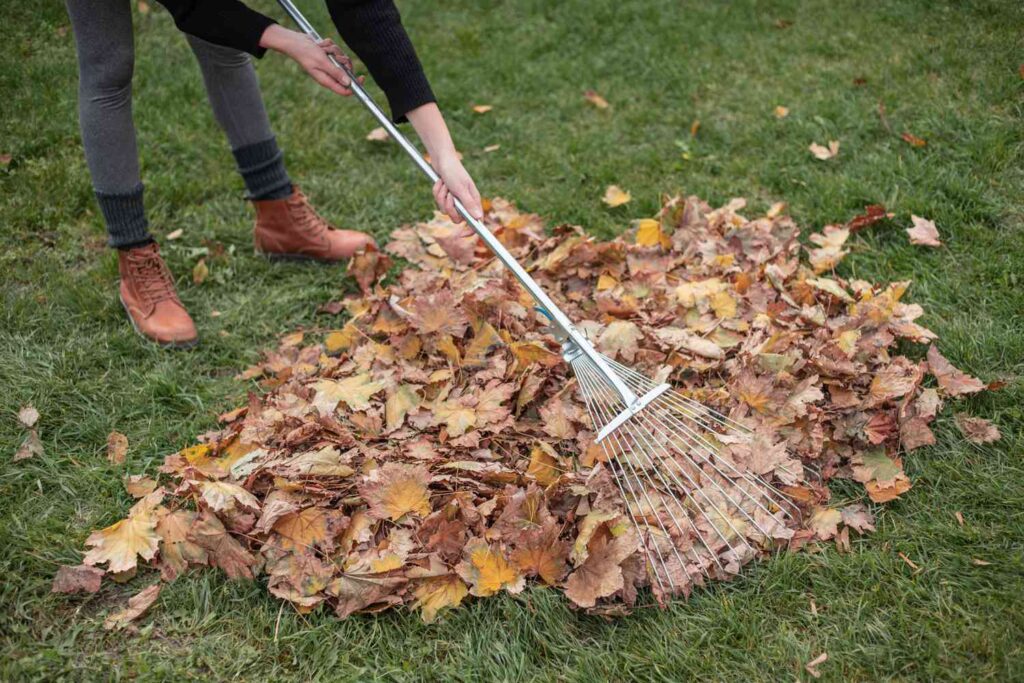
1. Don’t Rake Fallen Leaves Into the Street or Neighbor’s Garden
Raking leaves into your neighbor’s garden is uncourteous, and raking them into the street can cause an unpleasant sight and block drainage.
2. Don’t Burn Fallen Leaves in Your Yard
Stop burning leaves in your yard because the smoke from the fire will lead to environmental pollution, and the irritants from the smoke can lead to respiratory troubles for susceptible people in the vicinity. Also, burning leaves can cause accidental fires if they get out of control. Therefore, burning leaves is banned in certain places.
3. Avoid Using the Leaf Blower
Leaf blowers, too, are banned in many places as they cause noise pollution because they are loud. Additionally, it will stir up all the ground dust, causing more issues of pollution and dust.
4. Don’t Trash Them
As per the Environmental Protection Agency, about 8.7 million tons of fallen leaves went to landfills in 2017. As landfills are limited, dumping fallen leaves in the trash will occupy limited landfill space that could otherwise be utilized for other composted solid waste materials. Hence, you can conserve limited landfill space instead of creating a compost bin or using a yard waste service.
5. Stop Dumping Them Down the Hill
Living about a ravine doesn’t authorize you to dump leaves down the hillside, as this could destabilize the slope. Rather than putting lives at risk, taking care of them in other ways is better.
What Happens When You Rake Fallen Leaves?
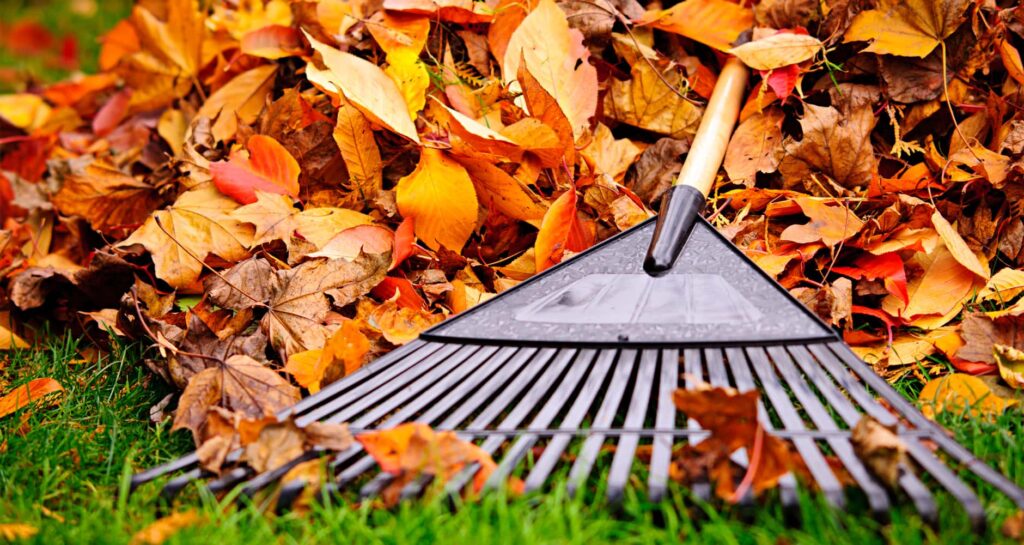
As you have read above, raking leaves can cause environmental pollution, noise pollution, and other problems like occupying landfill space. Raking leaves can even smother your lawn and spoil its appearance.
You should also know the consequences of trashing and composting fallen leaves after raking and collecting them in non-biodegradable bags. Usually, the bags don’t just take up space; they also break down with other organic waste to make methane. Methane is a greenhouse gas that only adds to the problem of global boiling, consequently leading to climate change.
What Can You Do Instead of Raking Your Leaves?
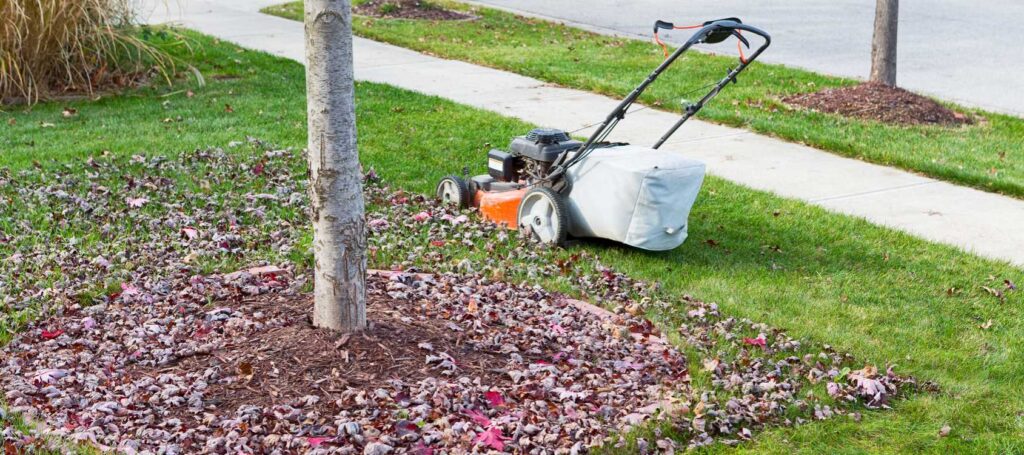
So now you have realized the potential problems with raking leaves and dumping bags of trashed fallen leaves into solid waste fills. What is the next best way to deal with them then?
One solution is to leave the fallen leaves right where they are and let nature take care of them.
Otherwise, you could pick up the rake to spread the leaves to other parts of the garden, where they can naturally decompose and act as a natural fertilizer for your garden plants.
Another thing that you could do is use a lawn mower and chop the leaves. This will add a good amount of nitrogen and organic matter into the soil, benefiting all the plants that grow in your garden. The organic matter provides nutrients to the plant, protects the root systems, and conserves soil moisture.
Furthermore, mulching your leaves helps the insects survive in your garden habitat by consuming leaf litter. It also acts as a protective habitat for insects during winter. These insects can, in turn, become food for birds during the harsh winters. Another climatic benefit that mulching offers is limiting greenhouse gases by reducing production and accumulation of waste.
Finally, if you decide to rake the leaves, collect them in waste bags, and dispose of them in the solid waste fills, you must dispose of them in biodegradable bags. This ensures that the bags don’t add to nature’s woes.
Things to Remember Before Raking the Leaves
Other things to remember before raking if at all you find raking a necessity.
- Don’t forget to shred the leaves if you compost them in your yard. Shredding leaves will make the leaves decompose faster and also prevent matting. You can do this with a lawn mower or leaf mulcher.
- Don’t leave dried leaves near your car or house because they can cause an accidental fire hazard.
- Wear gloves and shoes and carry a brace if you have back problems.
- Also, carry an insect repellant to eliminate flying pests and safeguard yourself before getting bitten by one.
- Also, avoid raking too hard.
Concluding Thoughts
So, this was all about raking leaves and what else you can do instead of raking them to deal better with fallen leaves. Raking leaves can cause environmental concerns. So, instead of raking leaves, you can let them degrade and decompose in your yard so that they can produce natural fertilizer for your plant beds.
Even if you choose to rake leaves, don’t use too much force; it can cause fatigue in the body. Also, remember to keep your knees and back straight. Don’t bend down too much while raking.

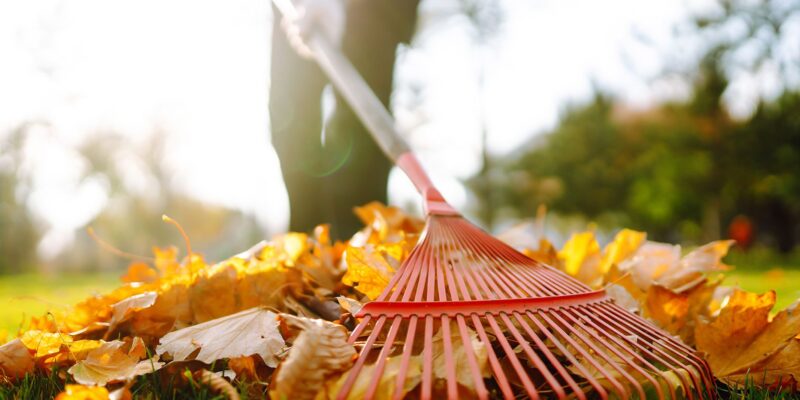
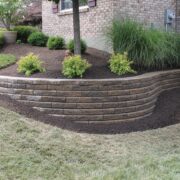
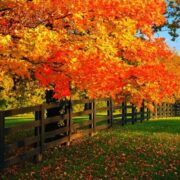
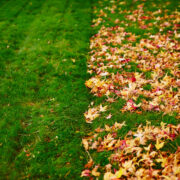
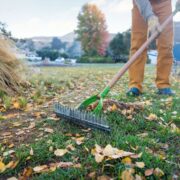
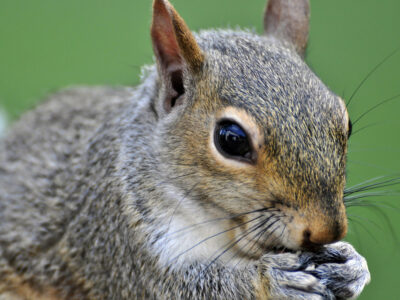

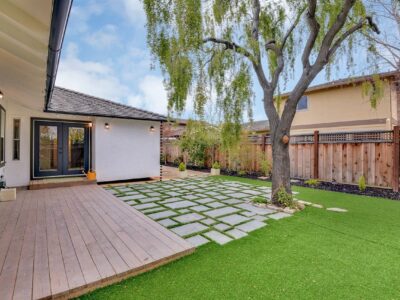
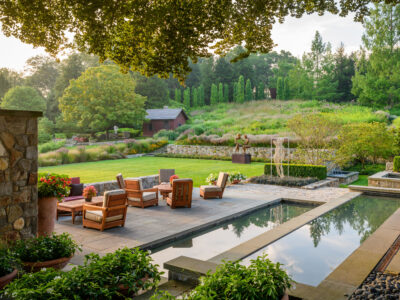
Comments